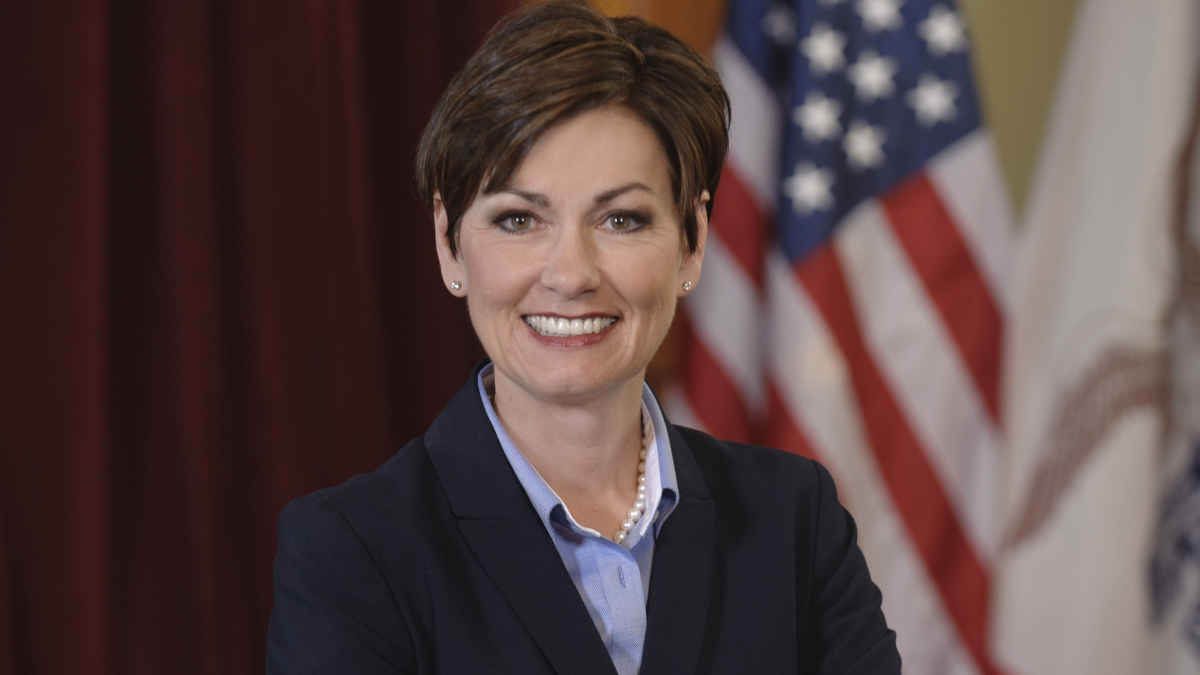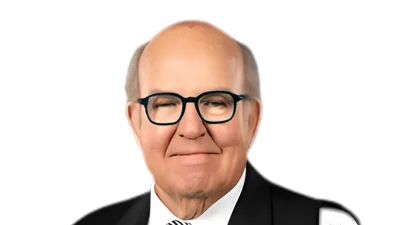Iowa Gov. Kim Reynolds | Courtesy of Governor's Office
Iowa Gov. Kim Reynolds | Courtesy of Governor's Office
The Iowa legislature has adjusted to the global COVID-19 outbreak by suspending its session and closing the capitol to the public, much to the distress of advocates of an occupational reform licensing bill.
“The biggest drawback is not being able to get through the session normally and the question is what will the impact of COVID-19 be on the economy in terms of state and local revenues,” said John Hendrickson, policy director with the Tax Education Foundation, a think tank that reviews fiscal policy, budget and taxes.
The sudden recess comes on the heels of Iowa Gov. Kim Reynold’s latest proclamation of additional closures on April 6, 2020 due to the coronavirus crisis.

John Hendrickson
“Social, community, spiritual, religious, recreational, leisure, sporting gatherings and events of more than 10 people are hereby prohibited at all locations and venues including but not limited to parades, festivals, conventions and fundraisers until 11:59 pm on April 30, 2020,” the order states.
As of April 10, 2020, the state of Iowa reported 1,510 COVID-19 cases and 29 deaths, according to the Iowa Public Health Department website.
“It was a prudent thing to suspend in order to protect the legislators, the staff who work within state government, the visitors and the lobbyists,” Hutchison told the Hawkeye Reporter.
While some city councils in the state are meeting through online video chats, it’s unlikely the governor will call for an emergency meeting of the legislature to convene on Zoom or Facebook Live, according to Hendrickson.
“It would be difficult for the legislature with their committees and subcommittees to work together remotely because of the need for public input and keeping the government transparent,” he said. "Debate, voting, working with staff and the rules for each chamber, among other factors would make any online format difficult for the legislature."
One of the bills under consideration before the shutdown involved occupational licensing reform. The bill proposed to reduce licensing fees for lower-income individuals and required the regular review of licensing boards.
“We want to avoid people being burdened with regulations that interfere with their right to make a living,” Hendrickson said in an interview. "It was moving along before the closure so there’s a possibility it will be considered again upon the legislatures’ return.”




 Alerts Sign-up
Alerts Sign-up